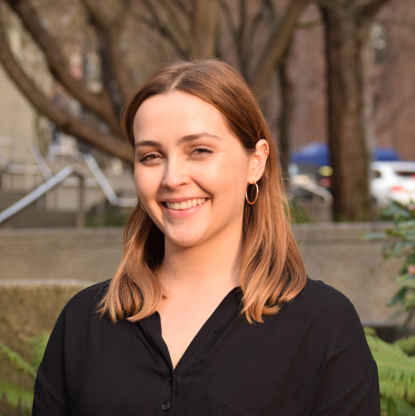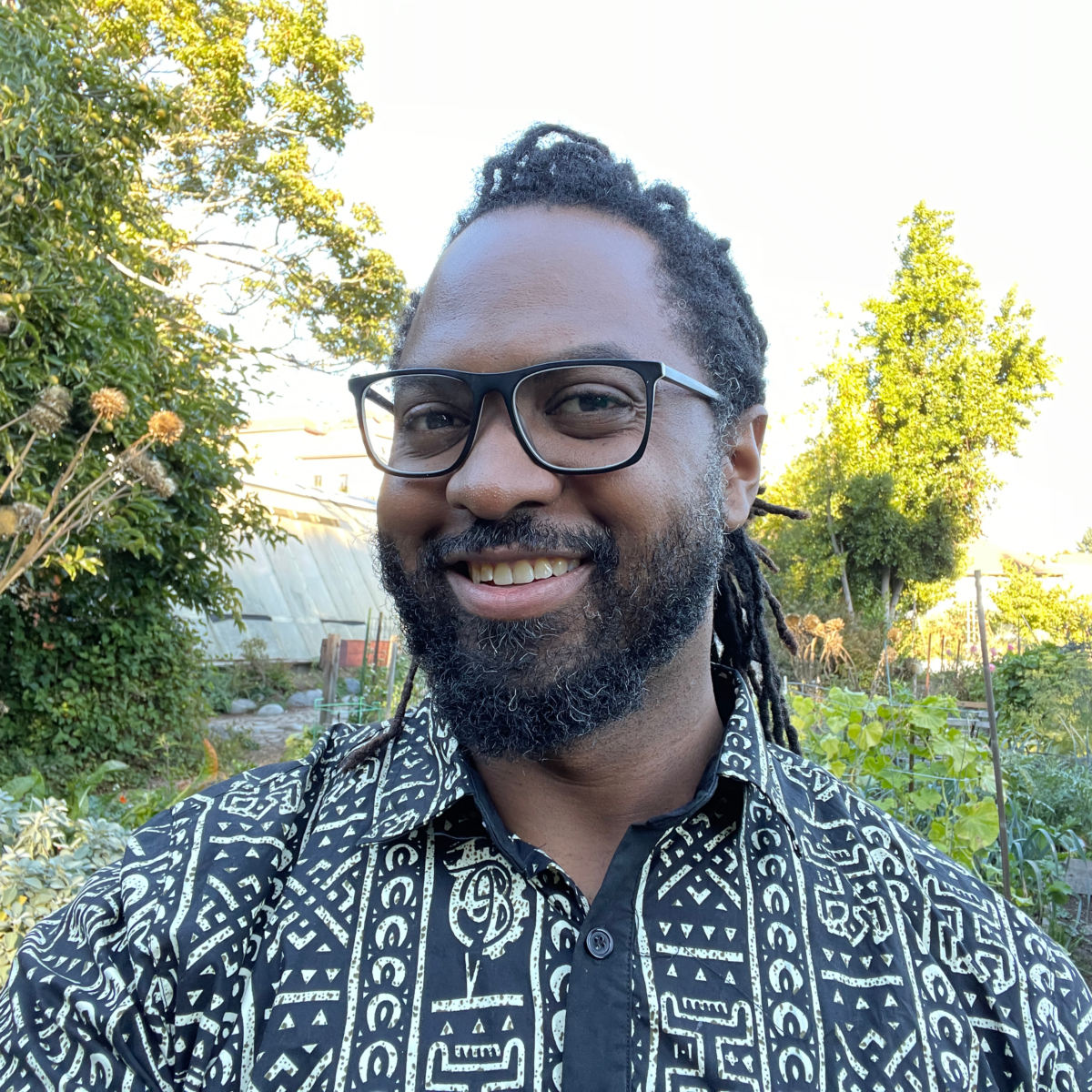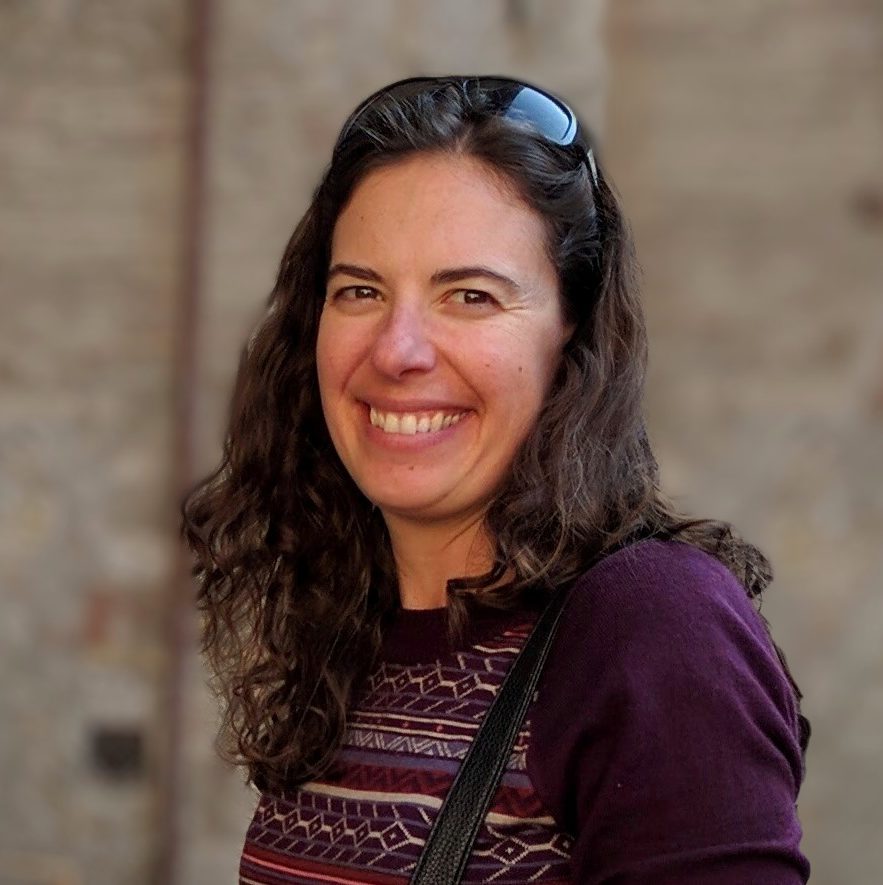We are delighted to welcome three new talented staff members to the EarthGen team: Sarah Farbstein, Cameron Steinback, and Melissa Amrhein.
Sarah joins us as Development Manager, and Cameron and Melissa are our new Program Coordinators. To help you get to know them a little better, we asked each of them a couple of questions.

Sarah Farbstein
My favorite Washington fall activity is…
apple picking! And when I get home from apple picking I love to bake yummy apple treats, like apple pie, apple crisps, and tarte tatin.
Why do you feel it is important that students are engaged in issues of climate change and environmental justice?
These issues will impact us all, but not equally. If we can equip young people with the knowledge, tools, and passion to tackle the climate crisis and environmental injustice, we can ensure we’re moving towards a just, livable future that benefits everyone.

Cameron Steinback
My favorite Washington fall activity is…
experiencing the shades of red, orange, and yellow of the deciduous trees. Where I grew up in California, there were scattered examples of fruit, oak, and maple trees that turned color and dropped their leaves. Now I get to experience them covering entire parks, neighborhoods, and forests!
Why do you feel it is important that students are engaged in issues of climate change and environmental justice?
In my mind, environmental and social issues overlap and compound each other. Solving one requires solving the other with people working across disciplines. Our youth deserve not just the truth of our ecological condition but also active support in joining the effort to bring about a better future.

Melissa Amrhein
My favorite Washington fall activity is…
going on walks to check out the trees with leaves changing colors. The sound of crunching leaves beneath your feet signals that change is happening!
Why do you feel it is important that students are engaged in issues of climate change and environmental justice?
I recognize the importance of engaging students in the ecology and stewardship of their local communities. Helping students and community partners connect their personal actions with the health of their community is needed to make change.